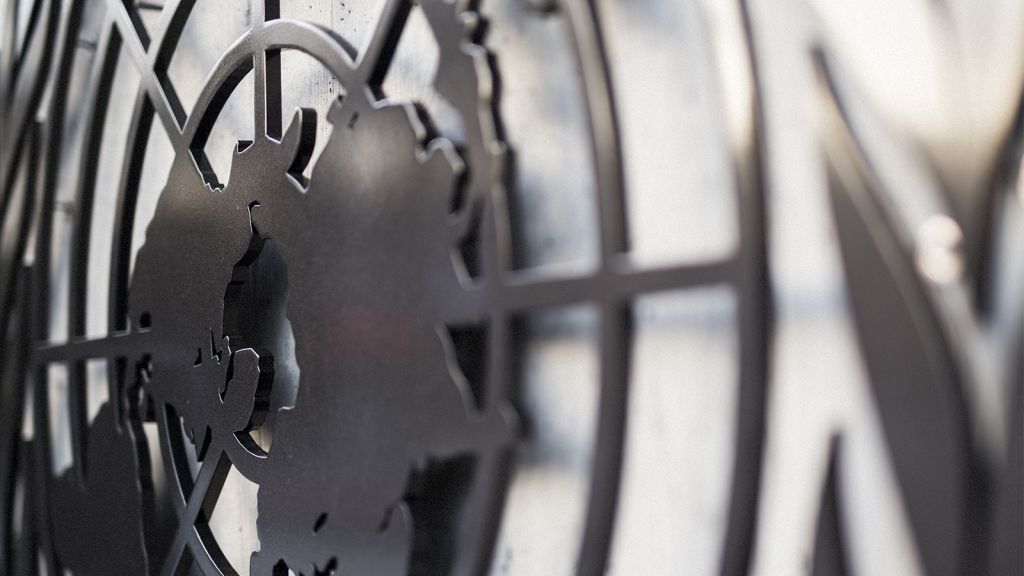The Helsinki Foundation for Human Rights – speaking during the adoption of Poland’s Universal Periodic Review (UPR) in September – reminded the UN Human Rights Council that the constitutional crisis in the country is not over: “The constitutional crisis… poses a serious threat to checks and balances… [and] undermines the protection of rule of law… The Constitutional Tribunal is [still] under political influence.”
Poland also faced strong criticism of its human rights record in the run up to the adoption of its UPR – the first since its government implemented a string of anti-democratic measures.
Earlier in September, the UN High Commissioner for Human Rights spoke out against Poland’s reforms that “aimed to dismantle the basics of an independent judiciary,” and applauded the thousands of activists that protested against them.
He said: “I urge the authorities to recall the Polish people’s recent and magnificent history of struggle for human rights and liberty, and to respect, protect and promote their rights to an independent judiciary, due process, independent media, and fundamental freedoms.”
The outcome of Poland’s UPR review in May with 185 recommendations expressed the international community’s growing concern to developments in Poland. This followed challenges brought by the Venice commission, the UN Human rights Committee, and the European Commission.
Poland, responding during the review, assured the international community that it “would work to guarantee that its national norms in the field of human rights would conform to the most rigorous international standards.”
In its statement during the adoption of the UPR report, Human Rights House Foundation recalled Poland’s pledge, but questioned its authenticity, “Poland dismantled many of the hard-won democratic principles underpinning the rule of law, which originally established Poland as a model and leader of democratic change in the region.”
“While it appears that Poland has accepted the majority of the recommendations in its UPR, when we look at the content of the recommendations accepted, and the comments of Poland, we can’t help but think that it is in denial,” said Florian Irminger, Head of Advocacy at HRHF.
“Poland accepted the UPR recommendations related to the independence of the judiciary, argues that its measures are in line with international standards, and claims to have already implemented the recommendations of the Venice Commission. In practice, this is simply not true,” he continued.
Since 2015, Poland has made changes to the functioning of its Constitutional Court, and passed laws granting government control over public TV and radio, granting additional powers of surveillance, and merging the functions of the Justice Minister and the formerly independent Prosecutor General.
“Poland has accepted a large number of the recommendations as a result of its UPR. The government should now reach out to Poland’s vibrant civil society, including the Helsinki Foundation for Human Rights, and work on a plan to implement the recommendations. This should include a return to robust protection of human rights standards and independent institutions, of which the judiciary is key. We remain ready to work with the Polish government on such an implementation plan,” concluded Florian Irminger.
—
Newsletter
This article was first published as part of the September newsletter of the Human Rights Houses and HRHF.
Sign up to receive news and insight into human rights issues and country situations, the projects and activities of Human Rights Houses, and portraits and interviews with human rights defenders.
Documents:
-
- HRHF statement on Poland UPR outcomes
HRHF delivered this statement as part of the Universal Periodic Review (UPR) of Poland outcomes, at the 36th session of the Human Rights Council.
- HRHF statement on Poland UPR outcomes
More on Poland
- Polish judiciary law threatens rights
- Challenging Poland’s human rights trajectory
- Poland: Two small setbacks on the road to illiberal democracy
- Poland’s “constitutional crisis” raises human rights concerns at UN
- Polish women have gone on strike in protest of anti-abortion law
- Rule of law under threat in Poland





